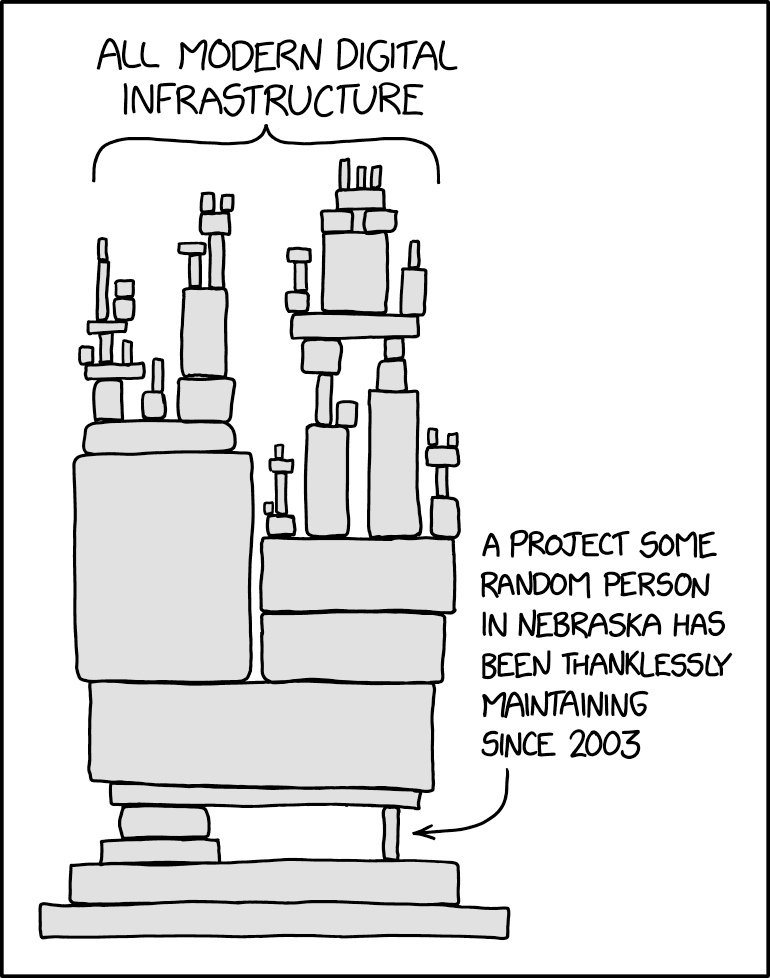My fundamental position is that paying people to work on open source is good, full stop, no exceptions. We need to stop criticizing maintainers getting paid, and start celebrating. Yes, all of the mechanisms are flawed in some way, but that’s because the world is flawed, and it’s not the fault of the people taking money. Yelling at maintainers who’ve found a way to make a living is wrong.
Fully agreed. Puritans of any kind are annoying and can't think for themselves. Opensource can't exist in this world without somebody that has money and time to write it. If we want more opensource, we need to pay those writing it to spend more time doing so.
If you really think you can live outside of capitalism in a capitalist world, go off the grid. Posting on the internet is already proof that you're failing your own ideals.

